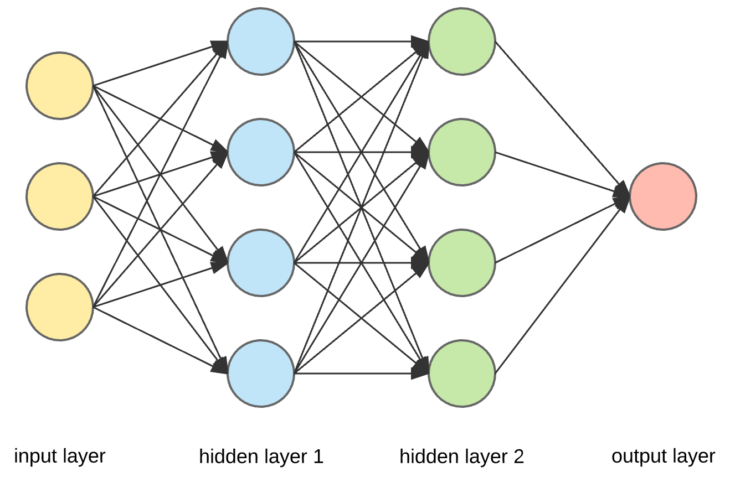Clean energy technology is a broad term that encompasses a wide range of technologies that produce energy without emitting greenhouse gases or other pollutants. These technologies include solar, wind, geothermal, biomass, and hydroelectric power. Clean energy technologies are becoming increasingly important as the world faces the challenges of climate change and energy security.
Solar Power
Solar power is one of the most popular clean energy technologies. It is a renewable resource that can be used to generate electricity, heat water, and power vehicles. Solar panels convert sunlight into electricity, which can be used to power homes, businesses, and other buildings. Solar water heaters use the sun’s heat to warm water, which can then be used for bathing, washing, and other household tasks. Solar-powered vehicles use solar panels to generate electricity, which powers the vehicle’s motor.
Wind Power
Wind power is another popular clean energy technology. It is a renewable resource that can be used to generate electricity. Wind turbines convert the kinetic energy of the wind into electricity, which can then be used to power homes, businesses, and other buildings.
Geothermal Power
Geothermal power is a clean energy technology that uses the heat from the Earth’s interior to generate electricity. Geothermal power plants are typically located near areas of volcanic activity, where the Earth’s heat is close to the surface. The heat is used to turn water into steam, which then drives a turbine to generate electricity.
Biomass Power
Biomass power is a clean energy technology that uses organic matter to generate electricity. Biomass can come from a variety of sources, including wood, crops, and agricultural waste. Biomass is burned to generate heat, which is then used to turn water into steam. The steam then drives a turbine to generate electricity.
Hydroelectric Power
Hydroelectric power is a clean energy technology that uses the power of flowing water to generate electricity. Hydroelectric dams are built across rivers, and the water flowing through the dam turns a turbine to generate electricity.
Clean Energy Storage
Clean energy storage is a technology that allows for the capture and storage of energy from clean energy sources. This stored energy can then be used to generate electricity when it is needed. Clean energy storage technologies include batteries, pumped-storage hydroelectricity, and compressed air energy storage.
The Benefits of Clean Energy Technology
Clean energy technology offers a number of benefits, including:
- Reduced greenhouse gas emissions: Clean energy technologies do not emit greenhouse gases, which contribute to climate change.
- Increased energy security: Clean energy technologies can help to reduce our reliance on fossil fuels, which are a finite resource.
- Improved air quality: Clean energy technologies can help to reduce air pollution, which can improve public health.
- Economic benefits: The clean energy industry is a growing sector that creates jobs and stimulates economic growth.
The Challenges of Clean Energy Technology
While clean energy technology offers a number of benefits, there are also some challenges associated with it. These challenges include:
- High upfront costs: The upfront costs of clean energy technologies can be high, which can make them less attractive to investors.
- Intermittency: Some clean energy sources, such as solar and wind, are intermittent, which means that they do not produce electricity all the time. This can make it difficult to integrate these sources into the power grid.
- Storage challenges: Clean energy storage technologies are not yet fully developed, which can make it difficult to store energy from clean energy sources for later use.
The Future of Clean Energy Technology
The future of clean energy technology is bright. As the world faces the challenges of climate change and energy security, clean energy technologies are becoming increasingly important. The cost of clean energy technologies is coming down, and the technology is becoming more efficient. As a result, clean energy is becoming a more viable option for meeting our energy needs.
In the coming years, we can expect to see continued growth in the clean energy industry. We will see more investment in clean energy technologies, and we will see more clean energy projects being developed. As clean energy becomes more mainstream, we can expect to see a number of benefits, including reduced greenhouse gas emissions, increased energy security, and improved air quality.









You must be logged in to post a comment.